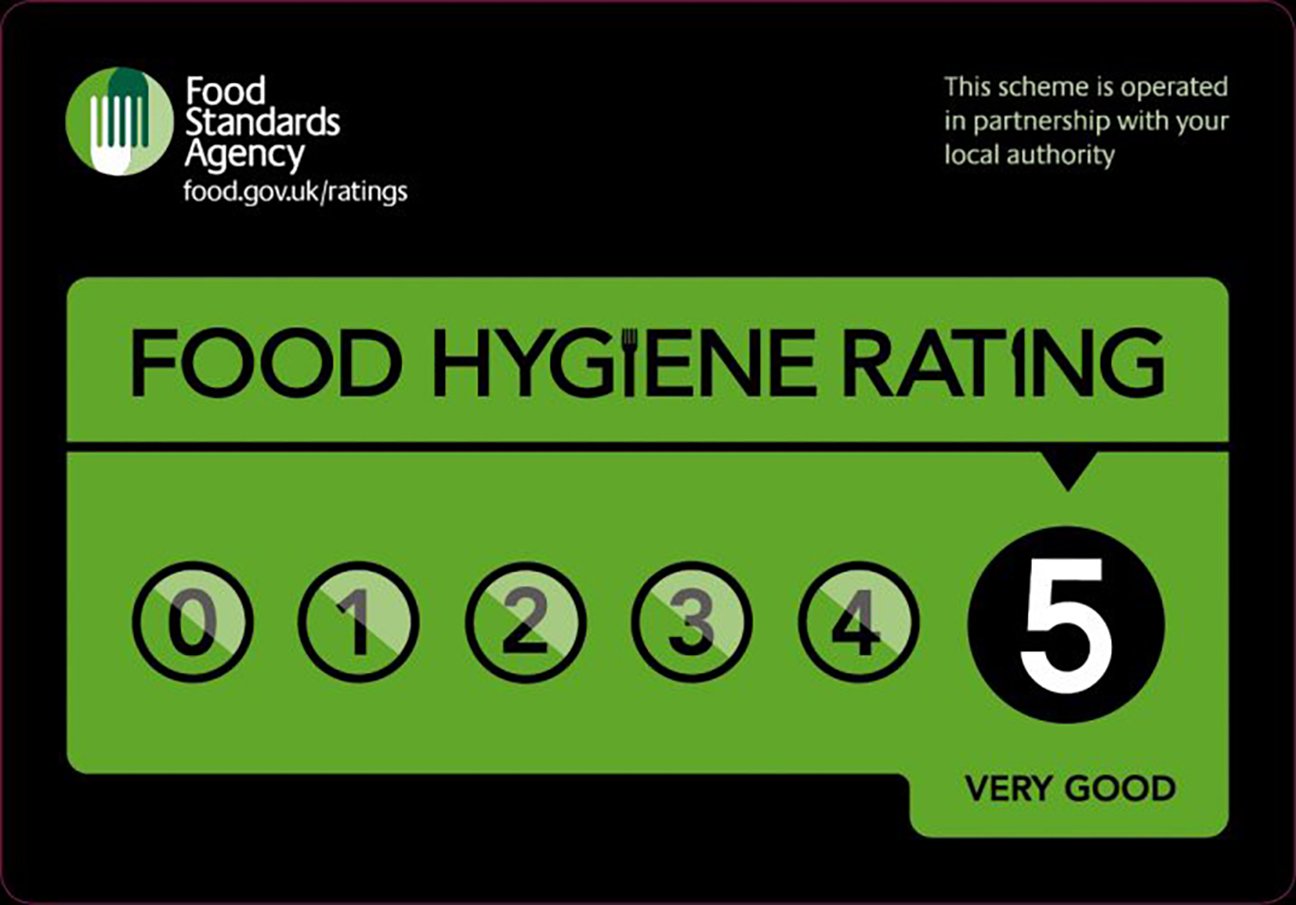
Controversial changes to the food hygiene regime could see retailers going a decade without an environmental health visit, dangerously driving down standards, key voices have warned.
The Food Standards Agency (FSA) in June published an updated code of practice for upholding food law in England and Northern Ireland. This introduced a new risk assessment model for local authorities deciding when to check a company’s compliance with mandatory standards.
Depending on how they score on a complex matrix, a retailer could be inspected as frequently as every month or as rarely as every 120 months. This is a huge widening of the range, which currently sees most firms visited every one to five years.
A summary of council responses to a consultation, published by the FSA, noted “concerns that they would not be able to meet all the intervention frequencies specified under the new model due to current resource levels”.
Some local authorities felt they would be so busy with high-risk businesses they may struggle to regulate those deemed a lower threat. Others said the long lags between interventions for some “could give rise to the possibility of significant changes to business management and practices going unnoticed”.
Sangita Tryner, owner of Delilah Fine Foods, said the Nottingham retailer relied on its five-star food hygiene rating for marketing and to secure pitches at events.
“When we do pop-ups, the organisers want to know our food hygiene rating and how recent it is. They might choose someone with a more recent certificate,” she said, adding that the threat of an EHO visit is also good for maintaining standards.
“It keeps us sharp and makes us better. This could turn good businesses into mediocre ones.”
The FSA said its new matrix only suggested minimum frequencies. “Official controls can be brought forward in light of relevant intelligence or where resources allow,” said its response to the consultation.”
The body also acknowledged the need for sufficient local authority resource and said it was exploring how it could potentially support local authorities in this area.
FSA director of strategy & regulatory compliance Katie Pettifer said the number of professional staff working on food standards in councils had halved in the last decade.
“The updated guidance will enable local authorities to use their resources more effectively, targeting their efforts towards the greatest risks within the supply chain,” she added.
This article first appeared in the July 2023 edition of Fine Food Digest.



